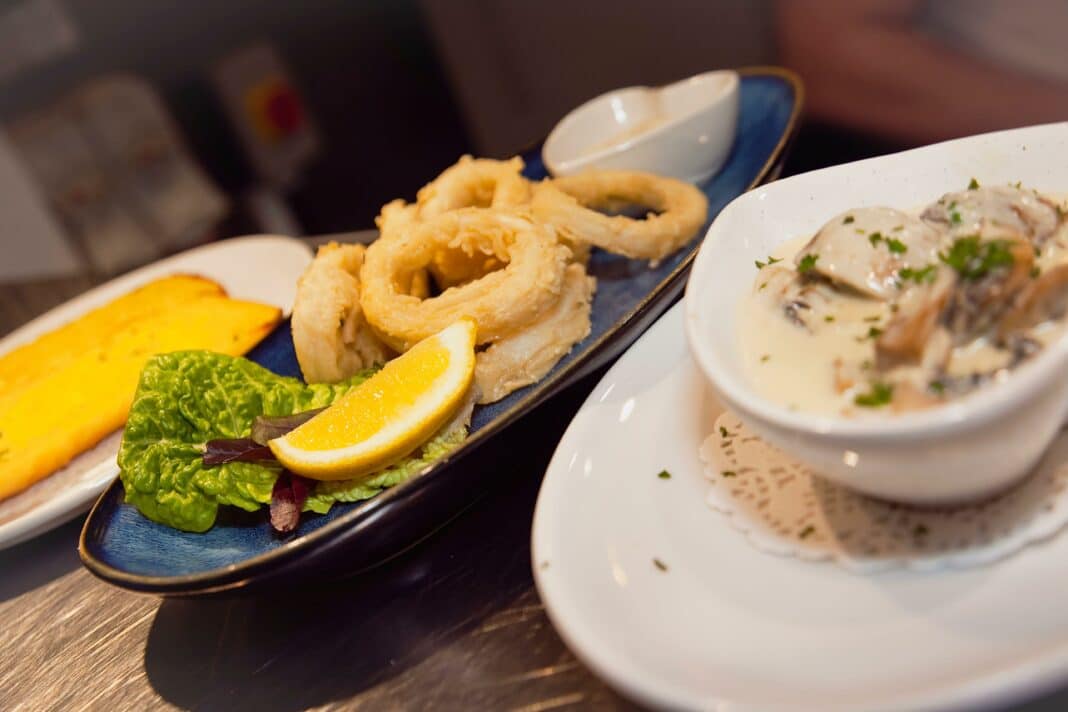The hospitality industry is becoming increasingly aware of its environmental impact. From sourcing ingredients to managing waste, every decision plays a role in creating a more sustainable future. Restaurants and catering businesses can make a real difference by improving daily routines and rethinking how they handle resources in their kitchens.
Small changes, lasting results
Sustainability starts with small, consistent actions. Reducing energy use, limiting food waste and recycling packaging are all simple but effective ways to cut environmental impact. Equally important is managing used materials responsibly, particularly when it comes to cooking oil.
Working with trusted partners such as Quatra helps restaurants ensure that waste is collected and reused safely. The company specialises in the responsible cooking oil collection for restaurants, transforming used oil into the raw material for renewable biofuels instead of letting it go to waste.
Responsible disposal protects the environment
Improper disposal of cooking oil can have serious consequences. When poured down drains, it clogs pipes and pollutes water systems. By collecting and recycling oil instead, restaurants protect both their operations and the planet. The process is simple, efficient and fully compliant with environmental standards.
Recycled oil also becomes part of a larger sustainability cycle. It can be converted into biodiesel, a cleaner alternative to fossil fuels that reduces greenhouse gas emissions. What begins as a waste product ends up powering vehicles or heating buildings — a perfect example of the circular economy in action.
Educating teams and raising awareness
Creating a greener kitchen is not just about procedures; it also involves people. Training kitchen staff to separate waste correctly and monitor usage helps ensure long-term success. Clear signage, proper containers and simple guidelines make it easy for everyone to participate.
Encouraging employees to suggest eco-friendly improvements can also spark innovation. Sustainability becomes part of the workplace culture rather than an obligation.
Sustainable sourcing and planning
Beyond waste management, sustainability extends to where ingredients come from and how they are used. Supporting local suppliers, choosing seasonal produce and planning menus carefully reduce both food waste and transportation emissions. Together, these habits create a kitchen that is efficient, responsible and forward-thinking.
The business advantage of sustainability
Going green is not only good for the planet; it is good for business. Customers increasingly value companies that act responsibly, and sustainability can strengthen a restaurant’s reputation. Working with experts like Quatra demonstrates commitment to long-term environmental goals.
Greener kitchens begin with awareness, but they thrive on habit. Every choice — from recycling oil to sourcing locally — helps build a more sustainable future for the industry and the planet.




